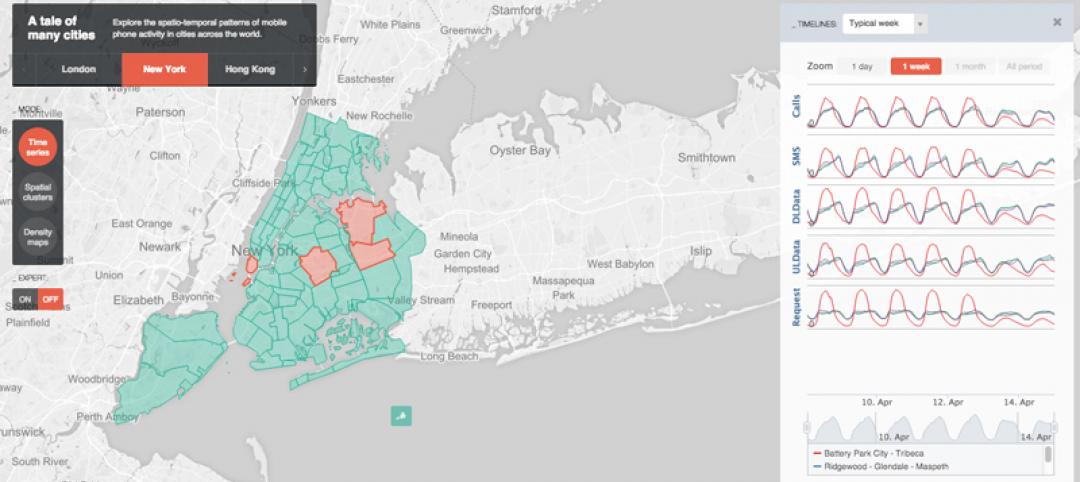Three LEED pilot credits on resilient design spearheaded by the Resilient Design Institute have been approved by the LEED Steering Committee.
The credits are designed for building teams to be aware of vulnerabilities, and they address the most significant risks in project designs including functionality of the building in the event of long-term interruptions in power or heating fuel. The credits encourage designers to plan for a wide range of natural disasters or disturbances as well as to consider longer-term trends affecting building performance such as climate change.
Specific assessment requirements are provided for the following hazard types:
- Flooding
- Hurricane
- Tornado/high wind
- Earthquake
- Tsunami
- Wildfire
- Drought
- Landslide/unstable soils
The Passive Survivability and Functionality During Emergencies credit addresses: thermal resilience, back-up power, and access to potable water. Creators of the credits recognize that they will be hard for many design teams to achieve. The intent is to “test-drive” the credits and then figure out if there are ways to refine and simplify them.
Related Stories
Smart Buildings | Nov 9, 2015
White paper promotes incentives for improved disaster resilience
The white paper makes the case that the most cost-effective manner to achieve resilience is through a holistic and integrated set of public, private, and hybrid programs.
Smart Buildings | Nov 5, 2015
JLL names 10 emerging world cities
Mexico City, Shanghai, Istanbul, and seven other world-class cities have experienced rapid economic growth and real estate development.
Cultural Facilities | Oct 28, 2015
New York City’s underground 'Lowline' green space enters the testing phase
If realized, The Lowline would provide 1.5 acres of green space for the Lower East Side of Manhattan.
Seismic Design | Oct 22, 2015
Taipei 101 tower named 'world's toughest' building by Popular Mechanics
Popular Mechanics named the 10 structures that best withstand floods, winds, storms, and earthquakes.
BIM and Information Technology | Oct 19, 2015
New web tool from MIT organizes human movement in interactive graphs
Users can explore the mobile phone activities in London, New York, Los Angeles, and Hong Kong.
Smart Buildings | Oct 8, 2015
Brookings announces the Bass Initiative on Innovation and Placemaking
The think tank's goal is to stress public spaces, urban economies, and inclusive growth in city building.
Smart Buildings | Sep 28, 2015
Architects Foundation issues first annual report on National Resilience Initiative
The report, which includes the work of three schools, examines how architects work with communities through the National Resilience Design Network.
Smart Buildings | Sep 4, 2015
New York City allots $100 million for storm resiliency infrastructure in lower Manhattan
Part of $20 billion plan for the city.
Smart Buildings | Aug 26, 2015
Under, over, through: Reinventing spaces under elevated infrastructure
Activating the areas beneath elevated highways, rail lines, and freeways can create unique environments, writes SmithGroupJJR's Valerie Berstene.
Smart Buildings | Aug 21, 2015
Federal Alliance for Safe Homes offers plan to strengthen codes for disaster resilience
Some states losing ground on resilience, group says
















